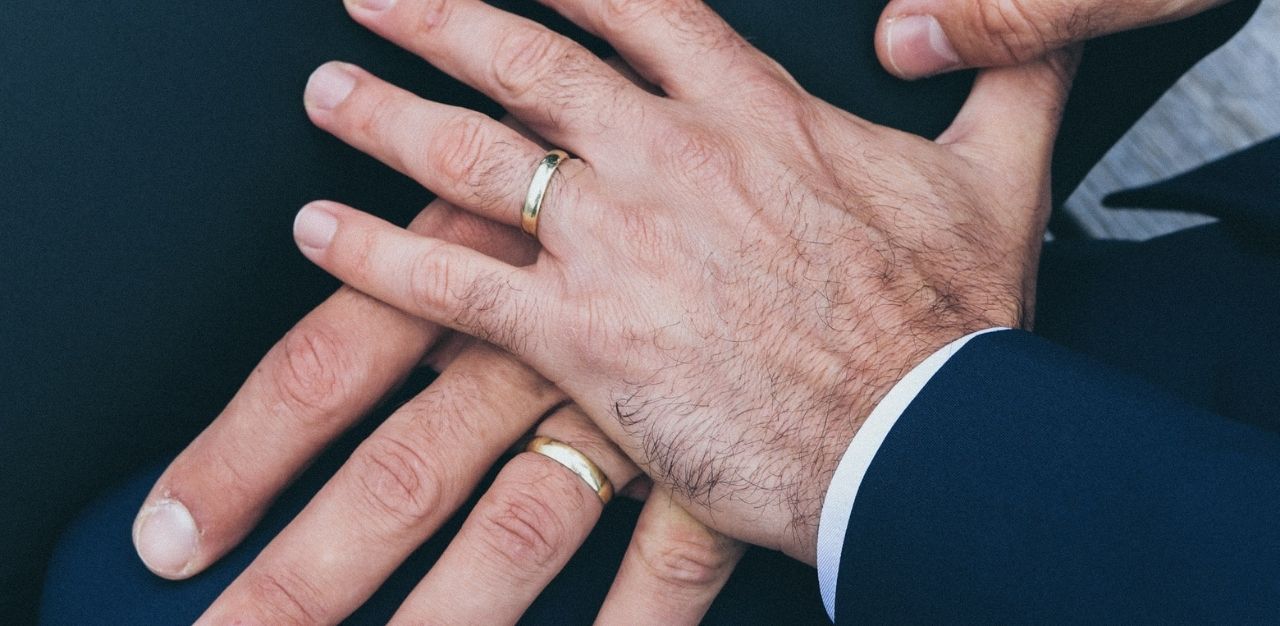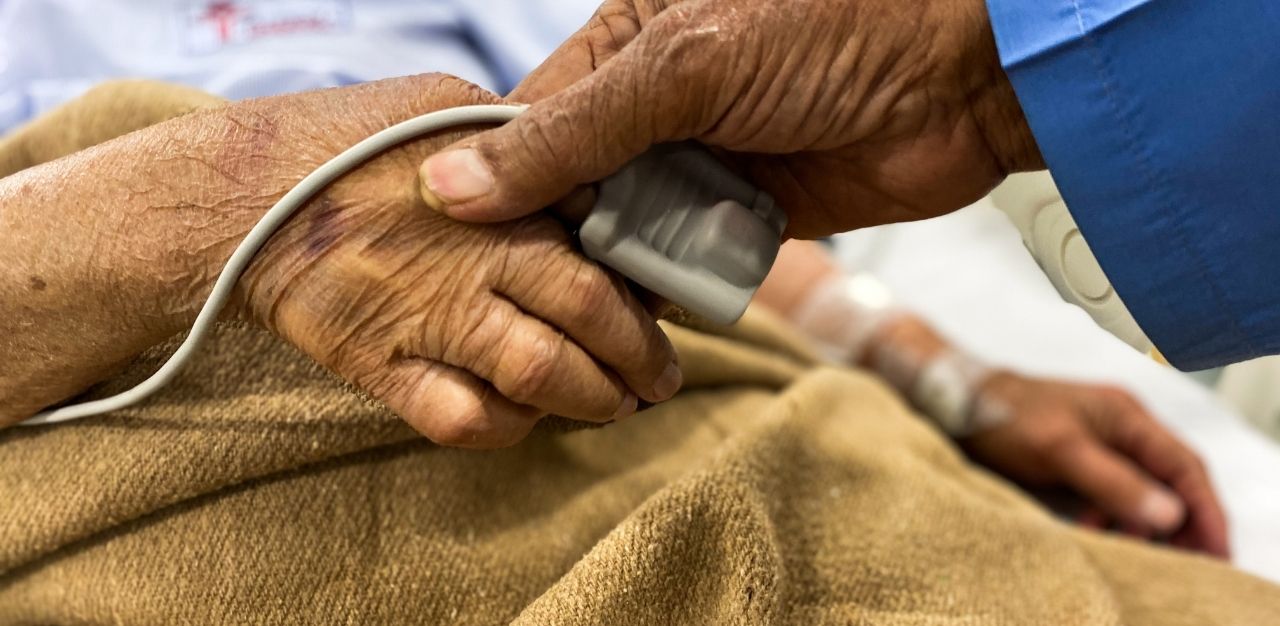In the second instalment of this two-part series, TheHomeGround Asia delves deeper into the challenges faced by the queer community when it comes to ageing, the pressures they face, and how this impacts their views of the future.
When it comes to ageing, finding a social safety net is a challenge that the queer community faces.
Sarah (not her real name), an expatriate in her 50s who identifies as a lesbian, thinks that Singapore’s social safety net is reliant on family support and “incentivising the heterosexual nuclear family”. However, she is quick to point out that not all queer people have family support, which she says can “create a level of vulnerability”.
“A lot of people either have to really tough it out in family environments that are not supportive, or leave,” she says. “And when they leave, they put themselves at a huge risk of financial insecurity.”
She says that queer people do not often have the safety net of “family… social acceptance… [and] in some cases, even a social network of friends who can be there for us.”
Developing a social network can also prove to be difficult, especially for the older members of the queer community.
Sarah explains that the spaces that the queer community have to gather and form a community, such as clubs, bars and cafes, tend to be focused among younger people, adding that individuals in the lesbian community tend to “couple off, and you just go home and knit, and they’re not out in the world anymore.”
This can lead to social isolation as one gets older.
“If you find yourself later in life, your partner has died, or you’re divorced… or you have an illness or a disability, you can find yourself extremely socially isolated as well,” she says, adding that people can start to feel isolated and excluded when they cannot fit into the queer community.
The impact of not legalising same-sex marriage on ageing
The lack of recognition for same-sex spouses in Singapore is yet another issue that the queer community faces, Sarah explains, as this would lead to queer spouses not having the same legal rights as spouses in heterosexual marriages.

This has a direct impact on immediate day-to-day situations as well, such as one’s ability to visit a loved one who falls ill and is in the Intensive Care Unit (ICU).
Dr Roy Tan explains that only immediate family members have visitation rights to patients who are in the ICU. “[If] you’re the partner of a person, even if you’ve been living with [them] for years and years, you’re not allowed to visit him,” he explains.
Nicholas (not his real name), who identifies as bisexual and works in the communications industry, shares that one of his friends was in a similar situation after her partner had to be warded in the ICU after an accident.
“She felt completely guilty and just distraught because she couldn’t go into the ICU,” he says. “She also felt weird loitering around, because after a while people realise like how come this girl keeps staying here for this other girl [when] they’re clearly not [from] the same family? So then she felt she had to go back [home and] she felt even worse.”

Sarah notes that the lack of recognition of same-sex marriage also has repercussions on a queer person’s legal rights when it comes to their children.
“A gay or lesbian couple isn’t allowed to adopt in Singapore,” she says. “I know some lesbian women who’ve adopted, but they’ve done it as saying they are singles.”
For those who have managed to adopt children, she claims that the lack of legal recognition presents issues such as the non-biological parent having no legal rights to their children, as opposed to countries where the non-biological parent is able to adopt the child.
Not having a legally recognised marriage also creates a greater need for a lasting power of attorney (LPA) for those in queer relationships. Dr Tan shares that it is recommended that gay individuals arrange for an LPA, to let one’s partner or close friends have better control over their care and financial situation, as they would not be able to without an LPA.
“If you lose your mental capacity, your partner cannot make your decision for you, only your immediate family members [can],” he explains.
An LPA enables individuals aged 21 years old and above to appoint a person to make decisions on their behalf, in the event that they lose mental capacity. This would grant the appointed person the ability to act on their behalf for matters concerning one’s personal welfare and property and affairs.
Challenges faced by single people
LGBTQ+ individuals who are single face additional challenges, such as limited access to housing needs, Sarah says.
She explains, “If we look at access to HDB [housing], for example, a lesbian couple can’t access… Even a single woman has to wait until she’s well into her 30s.”
Grants offered for housing programmes that cater to singles include the Singles Grant and Enhanced CPF Housing Grant (Singles), both of which are available to Singapore citizens who are single and aged 35 years and above.
Those who are queer and single also face the worry of not having people who can take care of them, says Zuby Eusofe, founder of The Healing Circle SG, which aims to provide a safe space for queer Muslim people in Singapore.
“They may have nephews or nieces or siblings of their own age that will look after them. But after that, where will they go?” she asks, questioning whether old age homes are equipped to cater to the needs of the LGBTQ+ community.
Medical expenses are yet another worry, especially if they do not have children who can aid them with defraying these expenses as they get older.
Zuby adds that in a nuclear family, one’s children can help to cover some of these medical expenses, but that queer people without offspring do not have that option.
“For single queer people, that will be very tough. They do not have anyone,” she says.
Planning for the future
For Zuby, keeping herself healthy is a priority. “I try to look after myself, like doing exercise once a week…It’s really important for me to keep my health,” she says.
When asked about how he plans to take care of himself in his older years, Nicholas, whose family is unaware of his sexual orientation, says that he envisions himself hiring a domestic helper to help him, and worries over his ability to support himself in the future.
He says, “I don’t fear ageing, but I fear [that] I cannot support myself, because I cannot depend on my family to help me out if they know the real circumstances.”
Sarah believes that helping the queer community in the ageing process would entail enacting change at an earlier stage, to provide greater social security.
“We have to start a lot earlier than aged care,” she notes. “It’s about ageing in the best context possible… having the right economic opportunities upfront.”
Join the conversations on TheHomeGround Asia’s Facebook and Instagram, and get the latest updates via Telegram.












